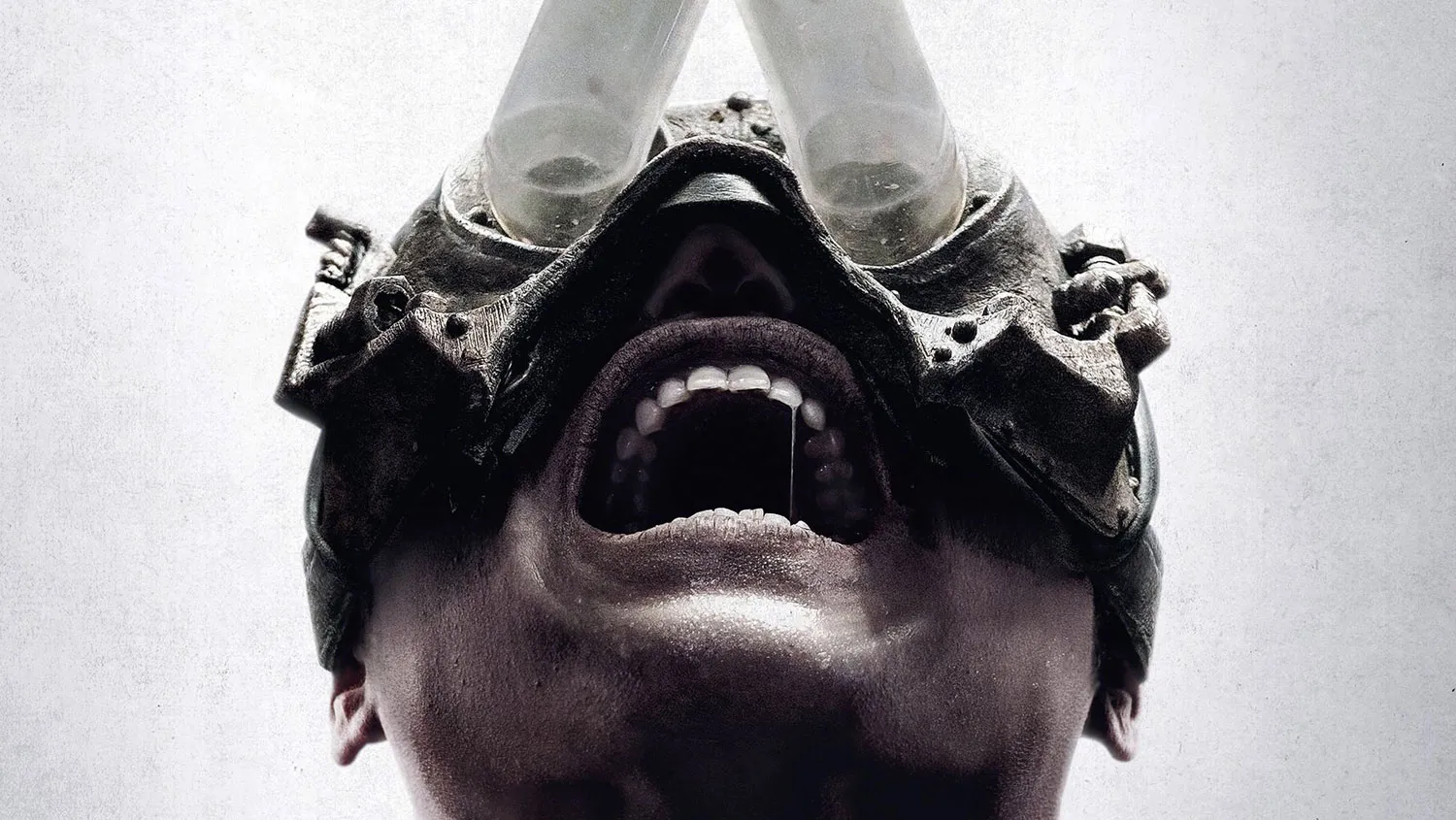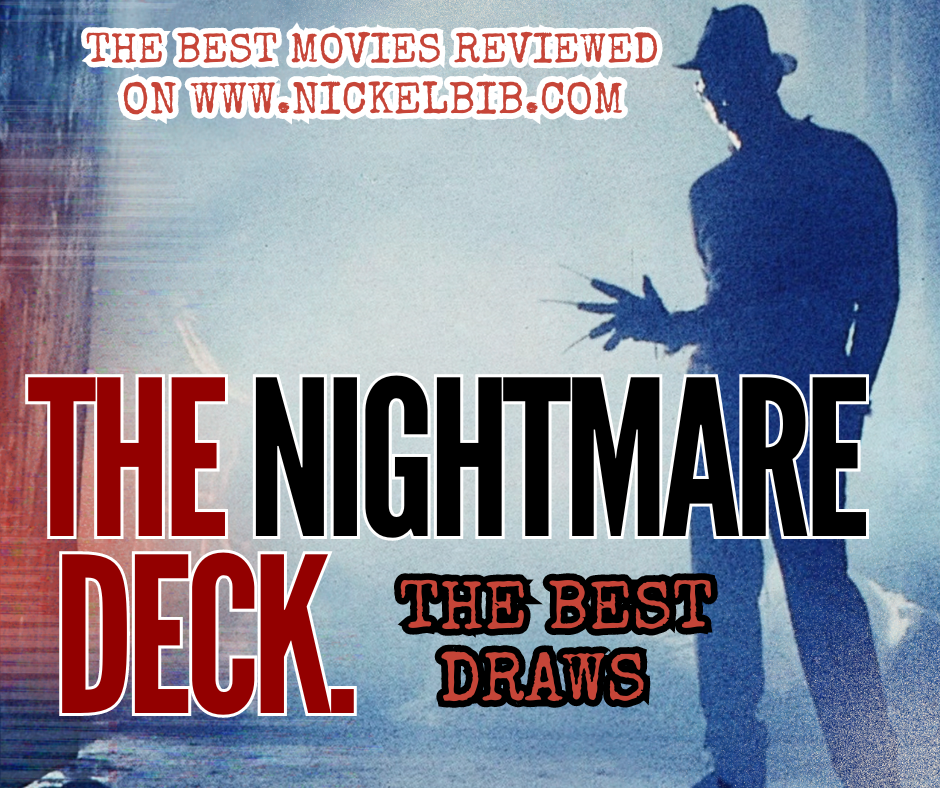Although the ongoing Covid-19 outbreak has had a noticeable impact on the entertainment industry, particularly for film, with companies struggling to distribute their films in a way that’s financially viable and practical to its consumers. A lot of films have been postponed indefinitely. I don’t know about you, but this has left a sizable hole I wasn’t prepared for! If I am not habitually studying box-office information, what else will I do with my life? If I am not writing about the latest horror flick on the big-screen, what will I talk about with you all here on Readers Digested? For the answer, I had to look no further than the Xbox One shelved on my entertainment center. Currently (as of this writing) available on Xbox Game Pass and PlayStation Now, Dead Cells is a game that wasn’t on my radar. I had seen it around, for certain, but had never taken the opportunity to sit-down and see what all the fuss is about. As I awaited the release of Mortal Shell and Hellpoint respectively, I decided Dead Cells would be my temporary holdover. Little did I know that weeks into both games’ releases, I would be more interested in the minimalist indie treat developed by Motion Twin.
For the uninitiated, Dead Cells is a roguelike action platformer inspired by Metroidvania – style games. Early on, its simple yet nuanced art-style and game-play will have you making comparisons to the Castlevania titles of yesteryear. The story is fed to you bit by bit through area descriptions and background detail, but all you need to know is you play as a Prisoner who hopes to dethrone the King for the betterment of the dystopian world he resides in, plagued by a disease known as The Malaise. Your goal is to traverse a series of terrains and boss characters in the hopes of reaching him. If you die, however, your greenish blob of a head will roll back to the very start. No checkpoints. No continues. Nothing. NOTHING!?
Well, not nothing. Not really. Every time you die in Dead Cells, you are brought back to the very start. This never changes. I remember when I first read up about Dead Cells, I was taken by a person’s comment that said, “It never gets easier, you get better”. Which is an interesting concept. It isn’t at all accurate to what Dead Cells is, however. This is because every death in Dead Cells is not like starting over. Upon completion of each level, you are allowed the chance to spend “Cells,” an experience system akin to the Dark Souls series that is lost upon death. At first, you will be able to spend the cells to upgrade the amount of flasks or potions you can carry, as well as utilize blueprints to create weaponry. Once you complete your first boss-battle, you will have the chance to spend your cells to upgrade your item discovery, which really goes a long way in making the game easier for you.
This isn’t to say you won’t get better. You will. Or, well, you should. I did. Eventually. Eventually, aspects that had once seemed so difficult were no longer a tasking feat at all. Some of this is artificially boosted, but some of it isn’t. I adapted to how certain enemies behaved, I figured out what weapons worked for me and which ones didn’t, and I created strategies to help in my progression.
I died just shy of one-hundreds times on Dead Cells before I was able to complete it. I came so close to giving up on it that I uninstalled it from my console as a deterrent. Thing is though, it wasn’t because I was frustrated. Losing at Dead Cells doesn’t hit the same way losing at something like, say, Cuphead may. That’s because Dead Cells is more a marathon than a sprint, really. (Although, it certainly encourages speed-running.) Dead Cells isn’t one extremely difficult boss battle or one really hard level, in-fact, it really isn’t that hard at all. I mean, it is, but it isn’t. It’s a challenge to make it through all the levels without dying once, but each individual level in itself isn’t too demanding, it’s about not sabotaging yourself. I uninstalled Dead Cells because I was afraid that, unless I beat it, I wouldn’t stop playing it. Because, it’s very fun and very addictive to play.
Most plays of Dead Cells are shy of half an hour, especially early on. I found that, on-average, I was able to reach the final boss at about the twenty-minute mark, but the round I eventually won with was about thirty-five minutes. I think a lot of the challenge was about not letting it get in your head. Every level you complete, you receive a bonus if you’re able to do it under a certain time limit, for instance. It encourages you to go fast, but, sometimes, slow and steady is the way to victory (gathering scrolls, the right weaponry, etc.).
I fell in love with Dead Cells by the end. Although it wears its influences on its sleeve, I didn’t walk away from it making comparisons, but, instead, thinking of all the ways it innovated. The game-play allows for strategy at a level of depth that’s deceptively elaborate, whereas the fluidity of the character’s animation and his speed will have you feeling capable and skillful, especially as you have the hang of what you’re doing. It’s a very satisfying progression system.
Your choices of weaponry and the skills you can acquire offer a variation of ways you can experience Dead Cells for yourself. Also, because of the developers’ consistent updates, you’re provided many different locations to discover outside of what you can discover in one successful run (and downloadable content).
Dead Cells is good straightforward fun, and delivers it by the bucket-loads, offering a gratifying experience that made it difficult to put down. I can’t wait for what the developers come up with next.





